State of Massachusetts Short-Term Rental Regulations
Short-term rental regulations vary depending on the location and may include zoning laws, occupancy and safety standards, taxation, licensing, and insurance requirements review our guides for more information specific to your city.
Reviewed by Derick Hargrave
Last updated September 17, 2023
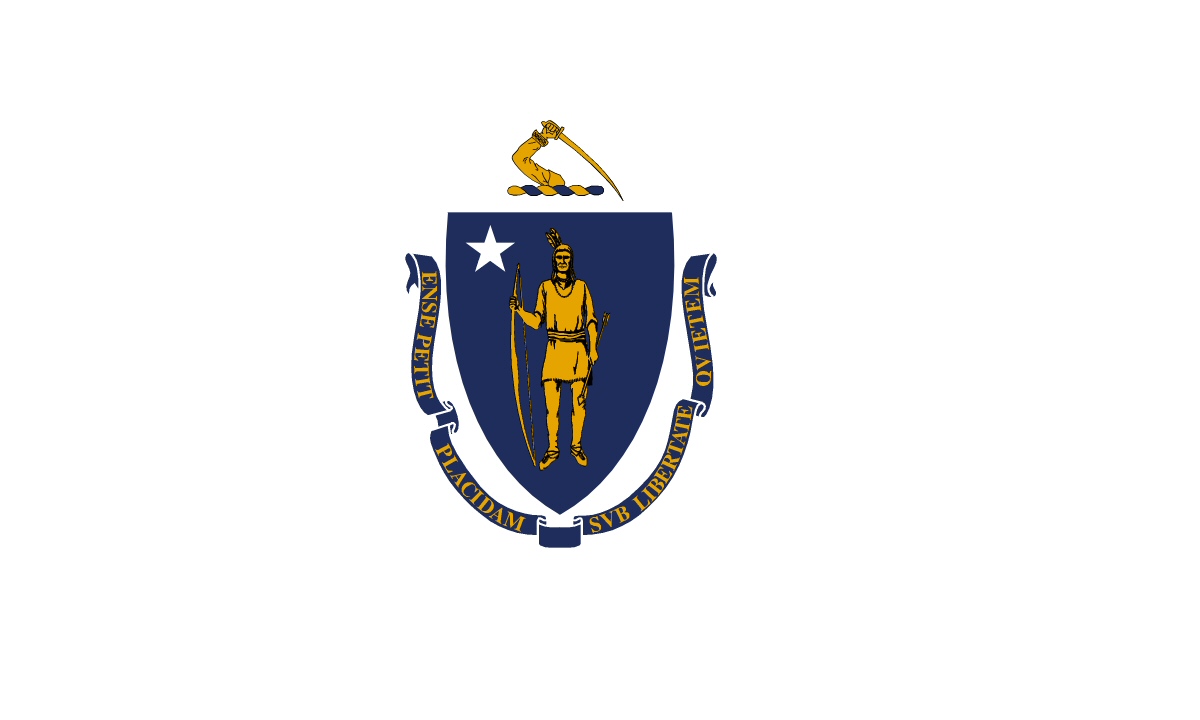
Overview of Massachusetts Short-Term Rental Regulations
Information is maintained by the community to provide helpful insights and links to local regulations, HostScouts does not provide legal or investment advice.
Running an Airbnb or other short-term rental in Massachusetts can be extremely lucrative, but the various regulations across cities and towns create a complex patchwork host must navigate. This guide will provide an overview of key requirements for hosts to operate legally, focusing on popular destinations like Boston, Cape Cod, and Western MA. We'll cover topics like registration, taxes, building codes, insurance rules, and more at the local level. Read on to learn how to successfully operate a short-term rental business in compliance with MA laws.
Defining Short Term Rentals in Massachusetts
Massachusetts follows some common short-term rental rules but leaves many specifics up to individual municipalities. Here's an overview of how the state defines and regulates short-term lodging.
State Definition of a Short-Term Rental
Massachusetts defines short-term rentals as any rental of 31 days or less. This covers typical vacation rentals and other lodging through sites like Airbnb, VRBO, and Vacasa. The state oversees registration and taxes.
RENTAL Days Allowed Before Requiring a Local Permit
Cities and towns establish their own regulations on when a rental host needs a local short-term rental permit. Some allow up to 60 rental nights before requiring registration. But popular destinations like Boston require permitting from day one.
State Taxes and Registration
All hosts must register with the state Department of Revenue to collect and remit taxes. The state sales, excise, and room occupancy taxes apply. Registration costs $35 and is done through MassTaxConnect.
Starting a Vacation Rental Rental Business in Massachusetts
Launching a compliant short-term rental business in Massachusetts takes research and coordination across state and local requirements. Here are key steps for hosts.
Researching Local Rules and Permitting
Hosts must learn the local zoning laws, permitting rules, fees, caps on rentals, and other regulations for their specific city or town. Jurisdictions like Boston, Cambridge, and Barnstable have extensive requirements.
Applying for a Local Permit
Most popular tourist destinations require short-term rental hosts to apply for a permit before listing their property. Fees, documents, deadlines, and renewal terms vary greatly across MA.
Registering with the State
All hosts must register with the Dept. of Revenue to collect state lodging taxes imposed on Airbnb rentals. This registration also allows hosts to purchase hotel/motel liability insurance.
Building Business Plans and Budgets
Develop detailed financial projections and business plans for your vacation rentals that incorporate state and local registration costs, taxes, desired profit margins, and regulatory compliance.
Listing and Marketing Your Rental
Once properly permitted and insured, list your MA rental on sites like Airbnb, Vrbo, and TripAdvisor. Ensure complete compliance before accepting any bookings.
Building and Safety Regulations for Short-Term Rentals in Massachusetts
Massachusetts cities and towns impose a variety of building codes and safety standards for short-term rental properties.
Parking Regulations
Most jurisdictions restrict the number of vehicles allowed at an Airbnb rental based on factors like home size, lot size, and number of legal bedrooms. On-site parking is typically required.
Occupancy Limits
Local ordinances enforce maximum occupancy limits to control overcrowding. Limits are often set at 2 persons per legal bedroom or 1 person per 125 sq ft. Overall caps may also apply.
Fire Safety and Building Codes
Short-term rentals must meet codes for smoke detectors, carbon monoxide detectors, fire extinguishers, and more. Properties may be inspected prior to permitting or on an annual basis.
Swimming Pools
Rentals with pools or hot tubs face additional safety requirements like fencing, lighting, alarms, and signage. Ensure your property is fully compliant.
Trash Management
Most areas require hosts to inform guests about proper trash and recycling procedures. Fines for noise or waste issues are common. Be a conscientious neighbor.
Taxes on Short-Term Rentals in Massachusetts
Short-term rental hosts in MA take on extensive tax obligations between state taxes and local fees. Here are the key taxes you'll need to collect and remit.
State Sales Tax
Hosts must collect the 5.7% MA sales tax on all short-term rental transactions and remit it to the Dept. of Revenue. This applies to all bookings.
State Room Occupancy Tax
A 5.7% excise tax also applies to short-term rentals of any length. This helps fund local governments and tourism councils.
Local Option Room Occupancy Tax
Many cities and towns charge an additional local room tax ranging from 1-6%. For example, Provincetown charges 6%, while Cambridge charges 5.5%.
Reporting Requirements
Hosts must report bookings, rates charged, taxes collected, and taxes paid monthly or quarterly. Audits are common.
Penalties for Non-Compliance
Failure to register, charge, collect, report, or remit required taxes can lead to interest, penalties, fines, revocation of rental permits, and even criminal charges.
Insurance Requirements for Short-Term Rentals in Massachusetts
Obtaining the right insurance coverage is crucial for Airbnb rental hosts in Massachusetts. Here are key requirements to know.
Short Term Rental-Specific Policies
Standard homeowners or renters insurance usually won't cover vacation rental activities. Work with an insurer that offers specific products for vacation rental properties.
General Liability Insurance
Hosts must carry adequate liability insurance to cover injuries, property damage, and accidents on their rental property. Limits of $500k-$1M are common.
Local Permitting Requires Insurance
Most MA cities and towns mandating short-term rental permits also require hosts to provide valid proof of liability insurance coverage before approval.
Protecting Your Assets
Liability insurance helps shield hosts from potentially massive expenses in a lawsuit. Guest injuries, discrimination claims, and pet bites are all risks.
Massachusetts Airbnb Regulations by City
Information is maintained by the community to provide helpful insights and links to local regulations, HostScouts does not provide legal or investment advice.
-
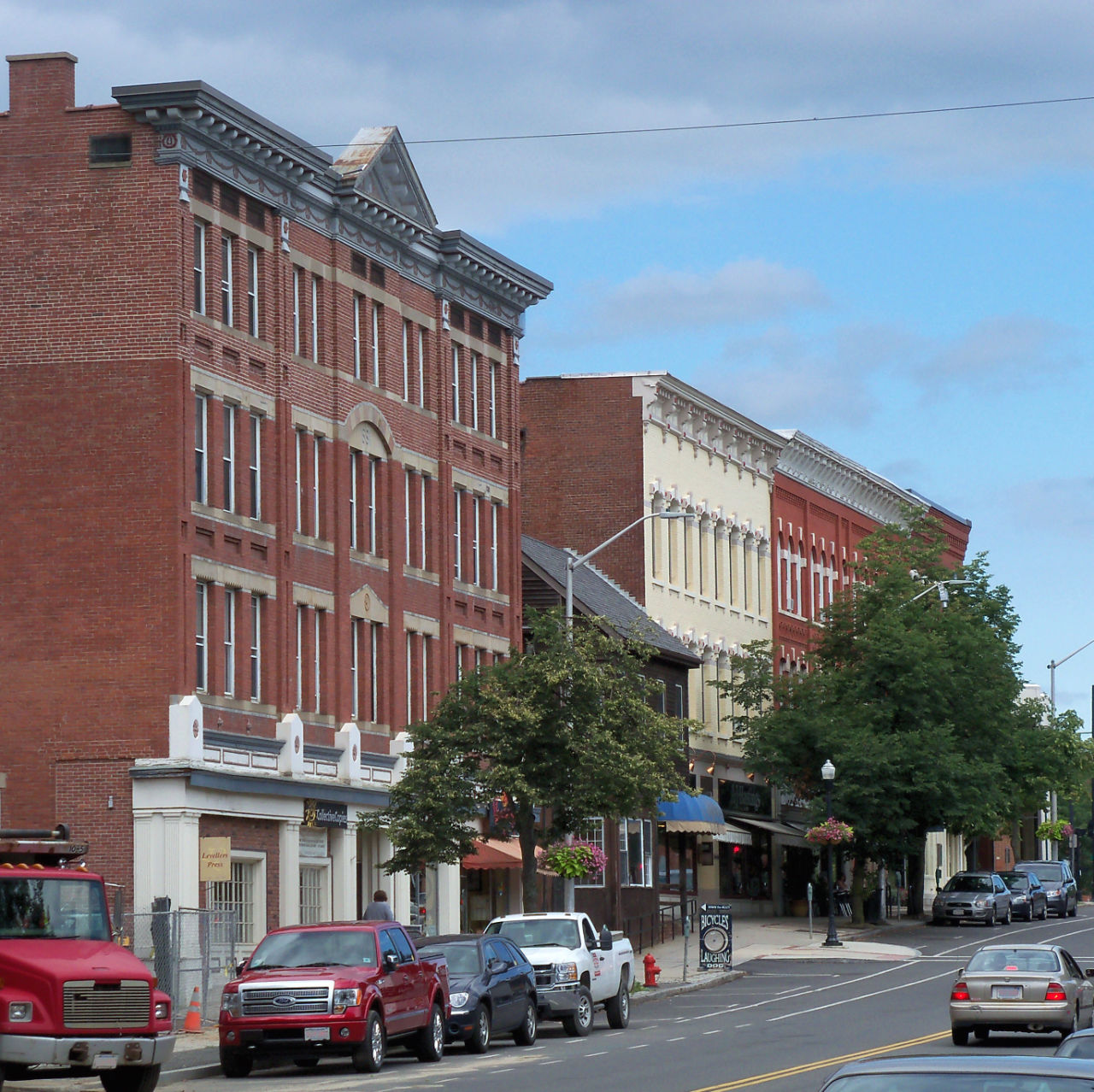
Amherst
Regulation: TBD
7.0 -
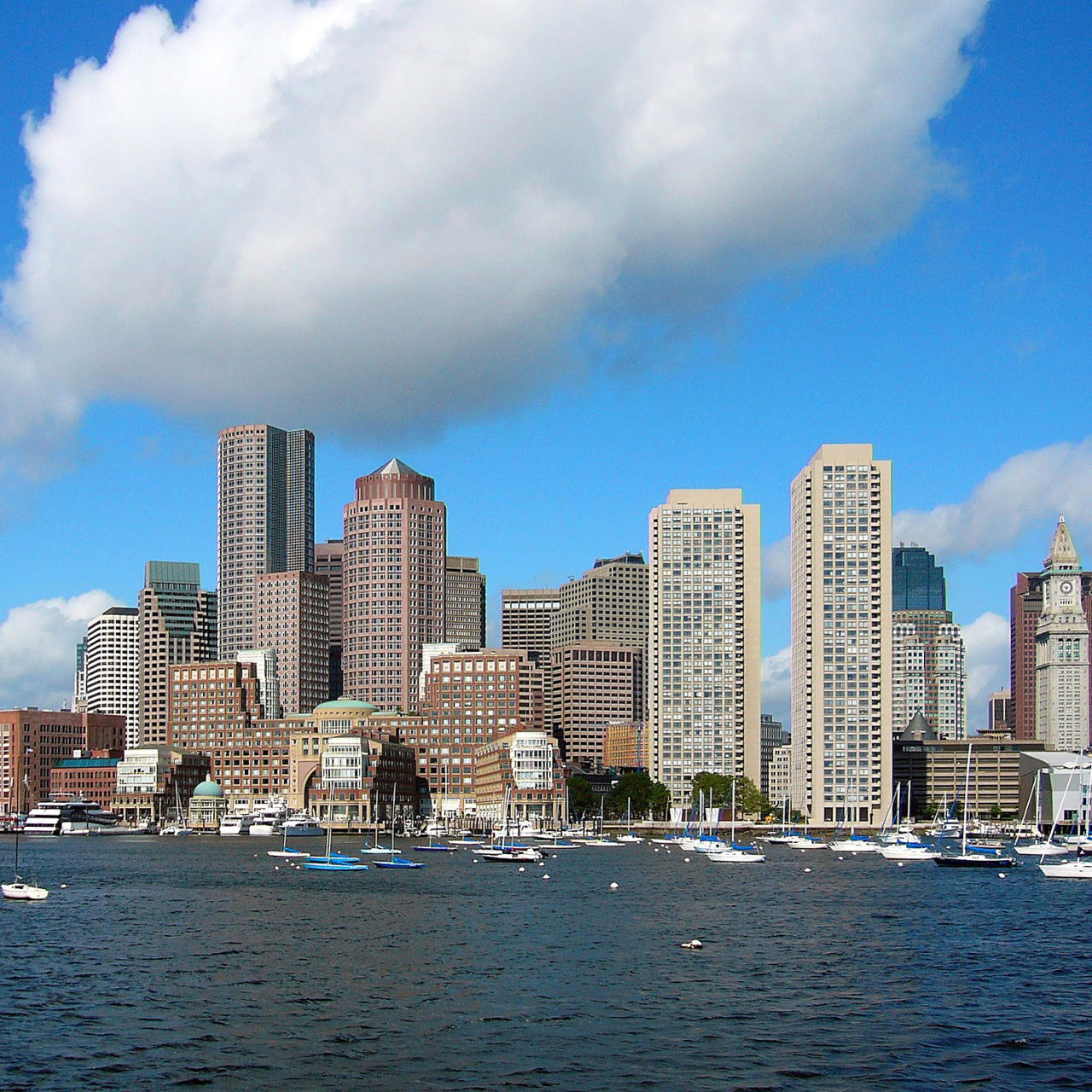
Boston
Regulation: Restricted
4.5 -
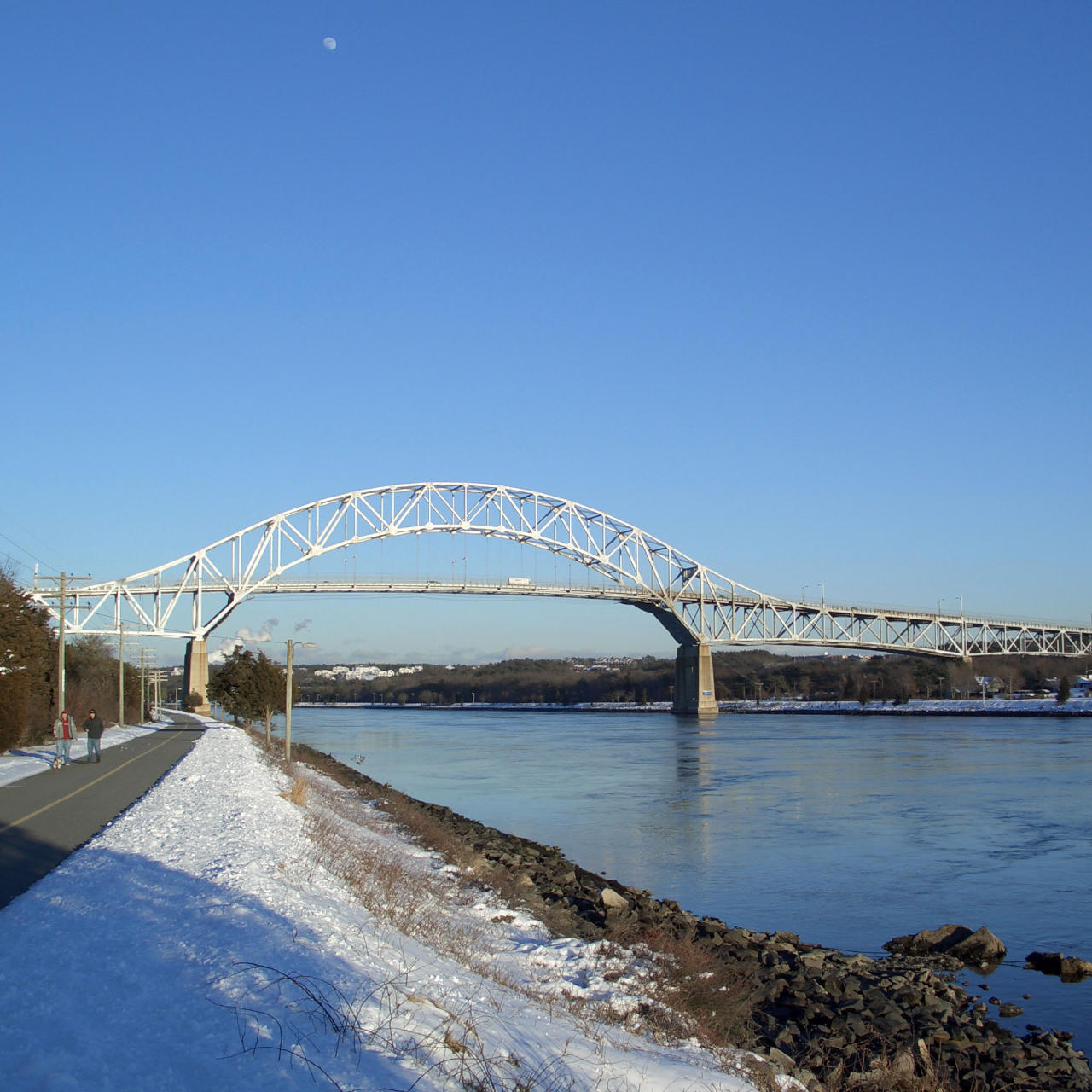
Bourne
Regulation: Allowed
5.6 -
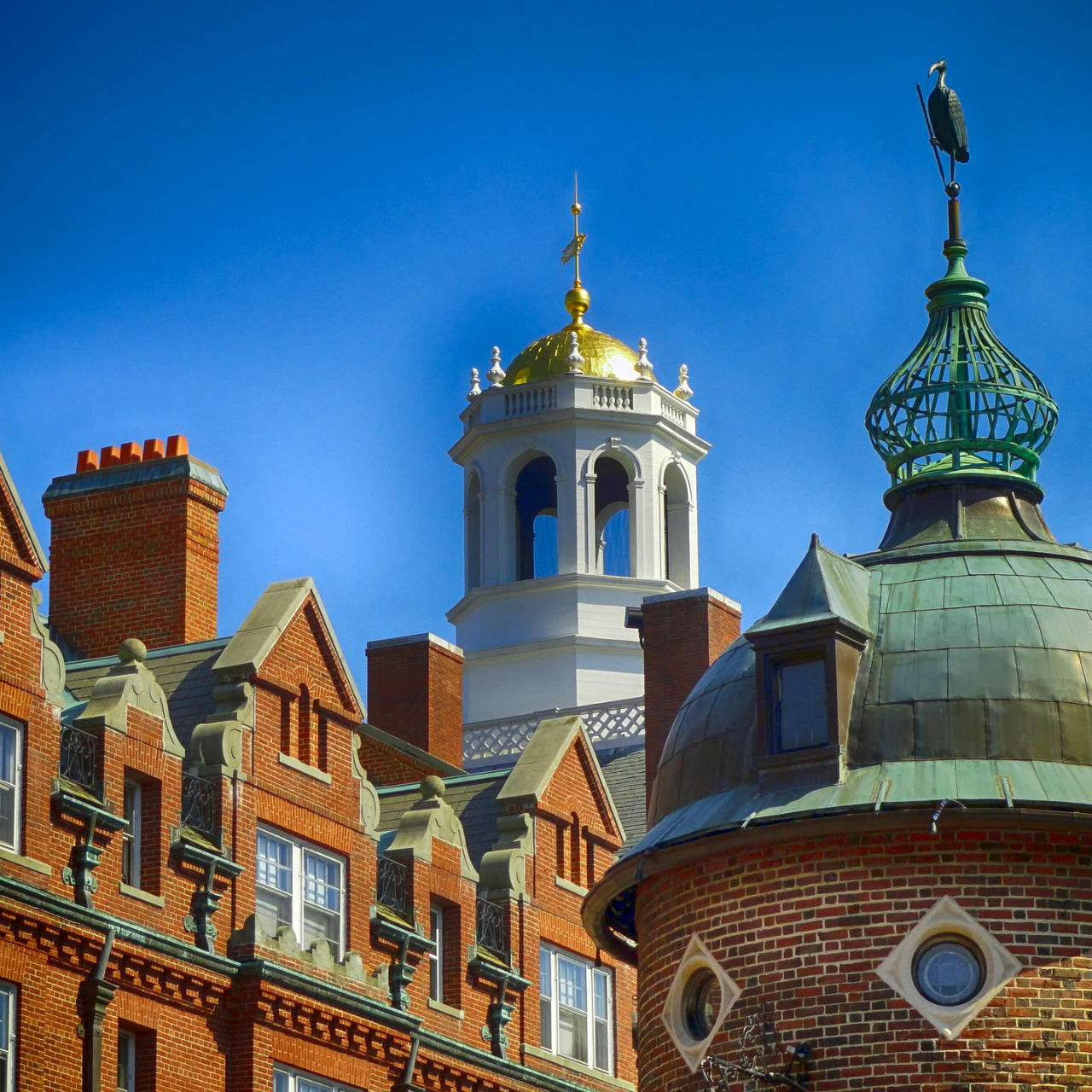
Cambridge
Regulation: Restricted
4.5 -
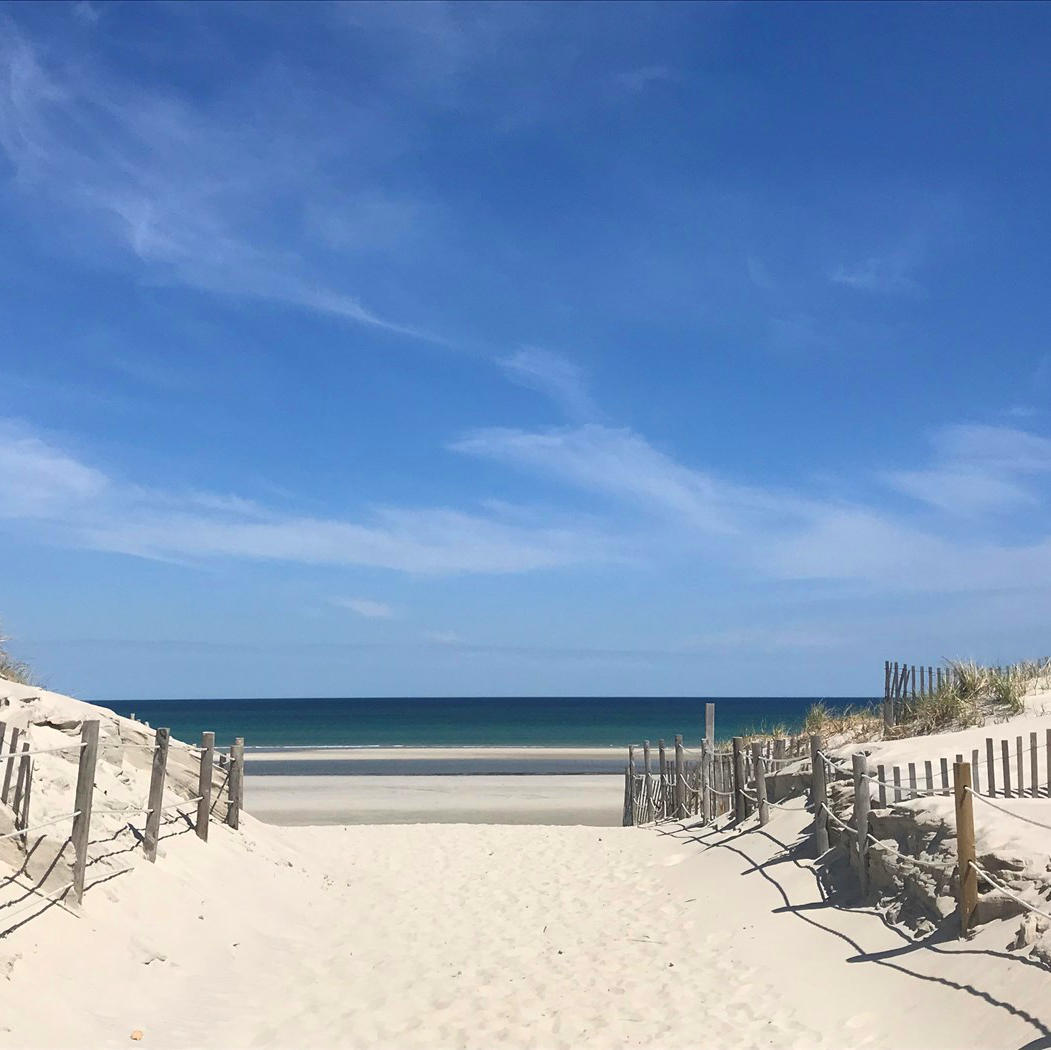
Dennis
Regulation: Allowed
5.4 -

Fairhaven
Regulation: TBD
6.7 -
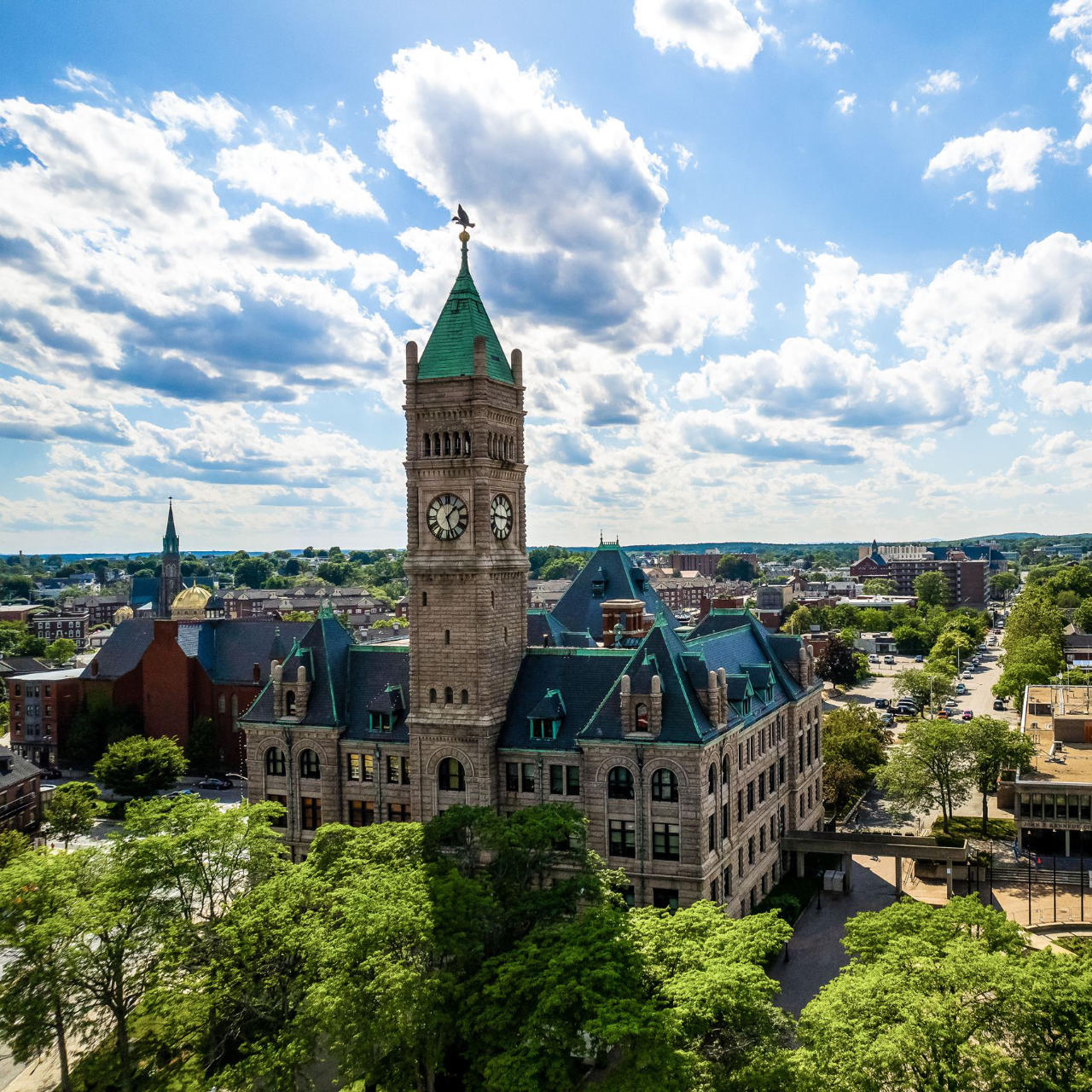
Lowell
Regulation: TBD
6.2 -
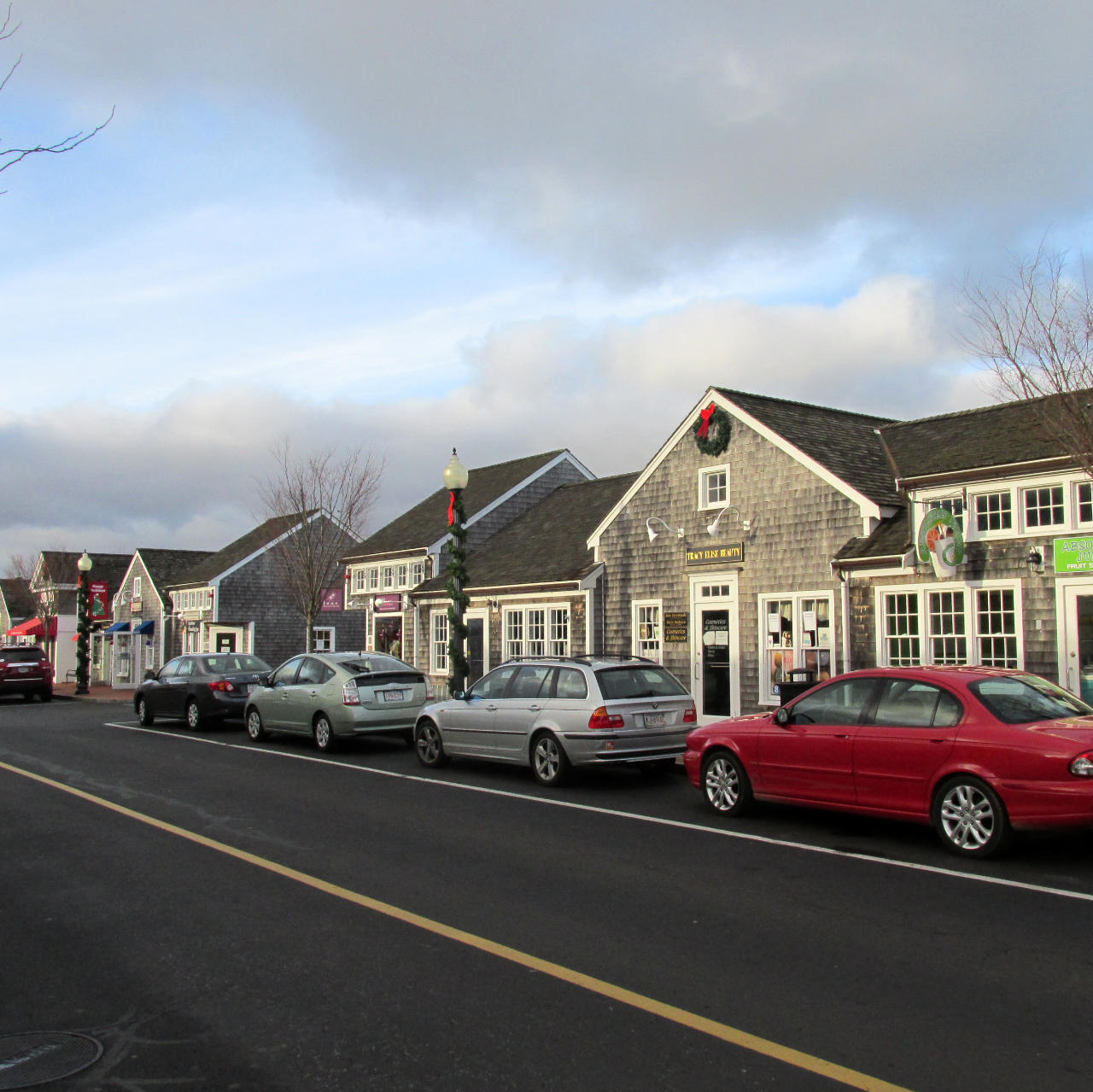
Mashpee
Regulation: Allowed
5.6 -
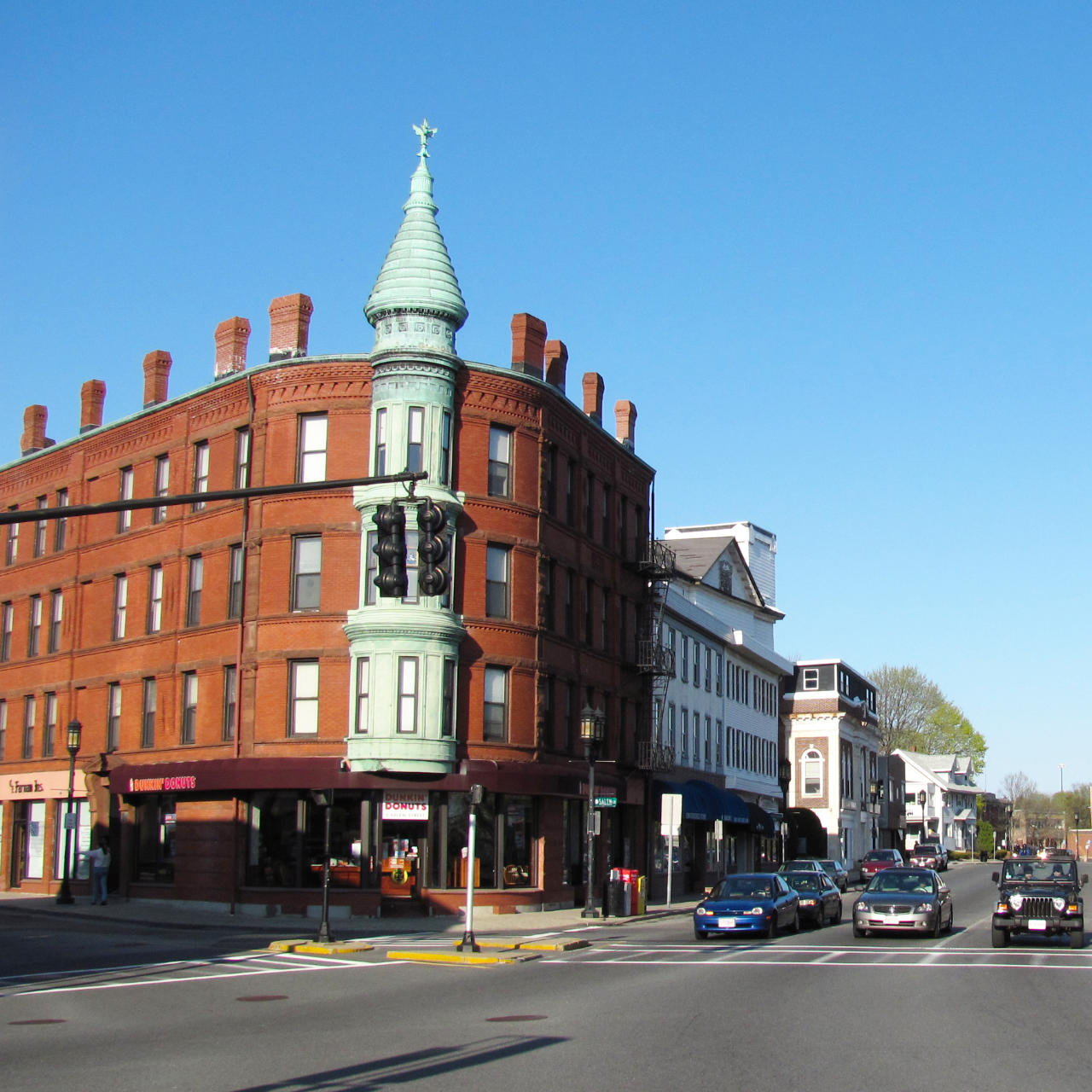
Medford
Regulation: TBD
4.9 -

Newton
Regulation: TBD
6.0 -
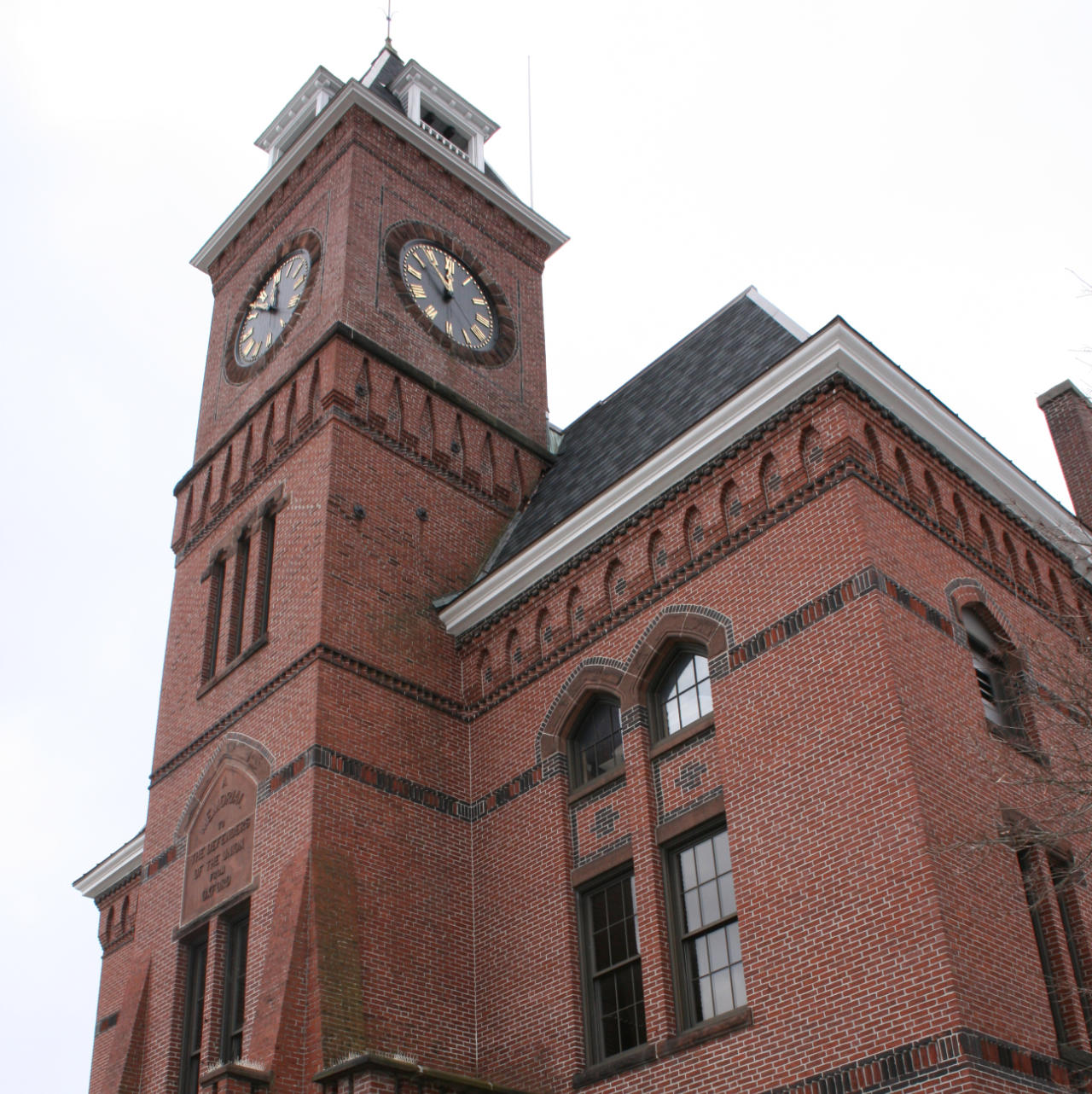
Oxford
Regulation: TBD
6.4 -

Plymouth
Regulation: Allowed
7.2 -
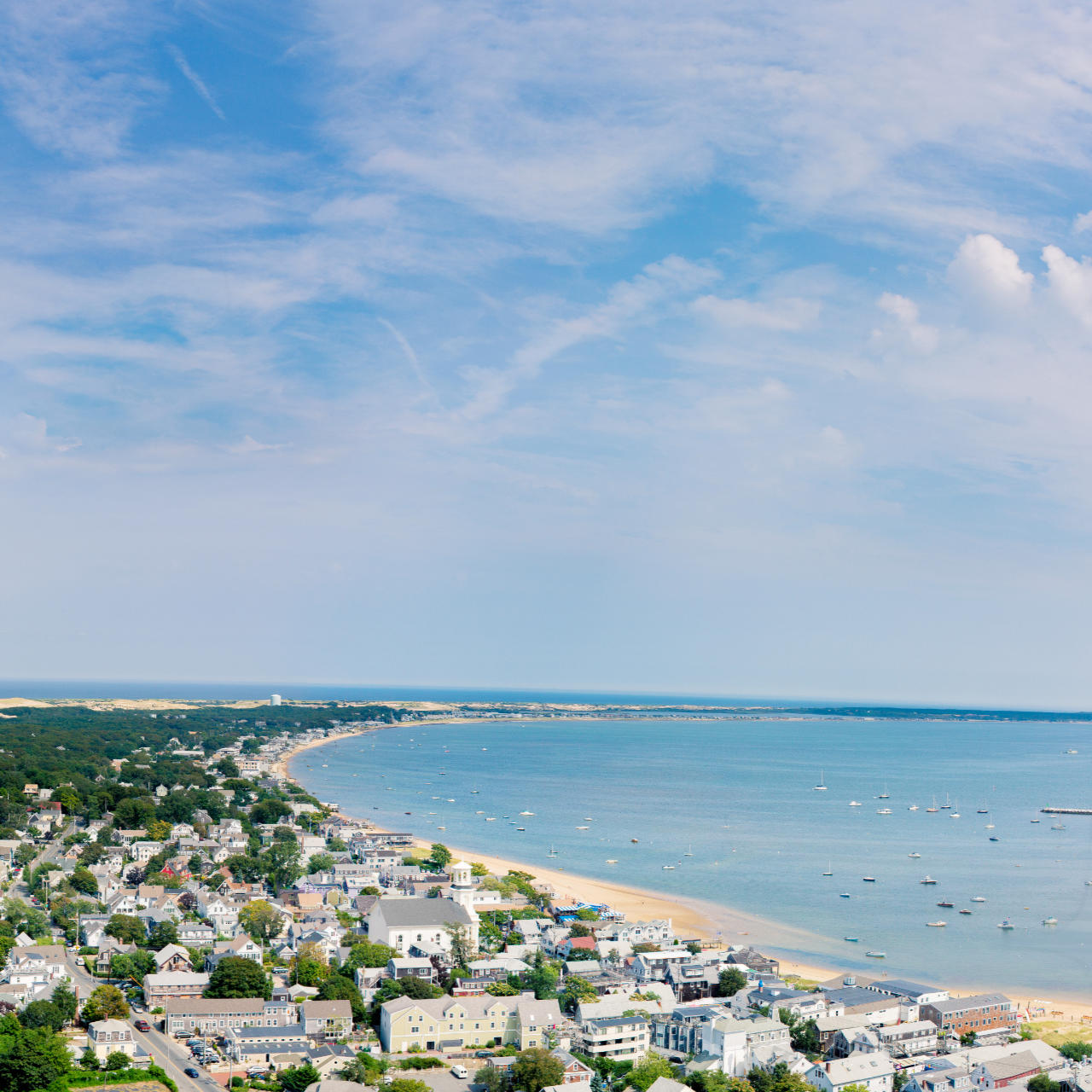
Provincetown
Regulation: Allowed
5.5 -
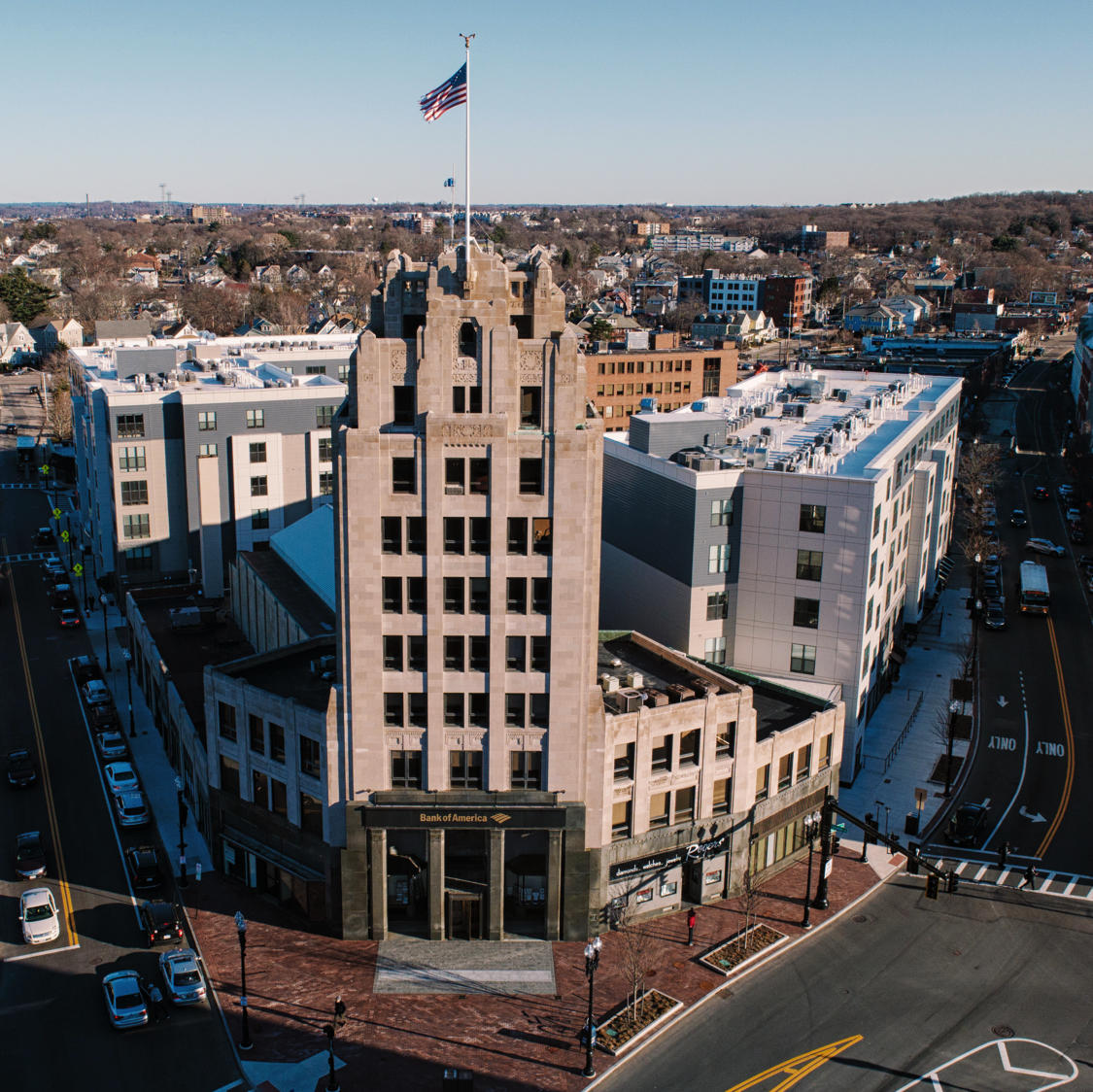
Quincy
Regulation: TBD
5.1 -
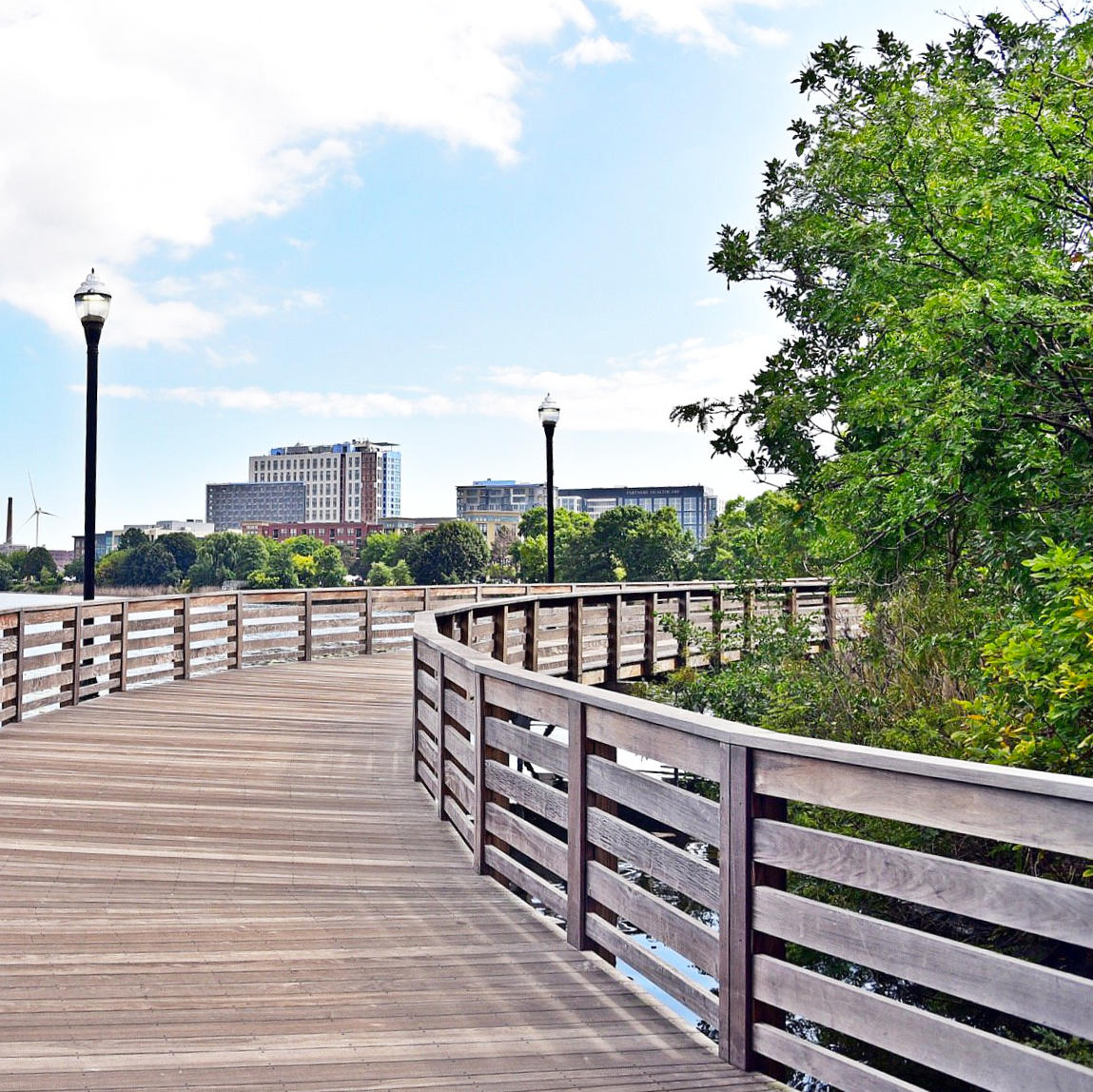
Somerville
Regulation: TBD
4.6 -
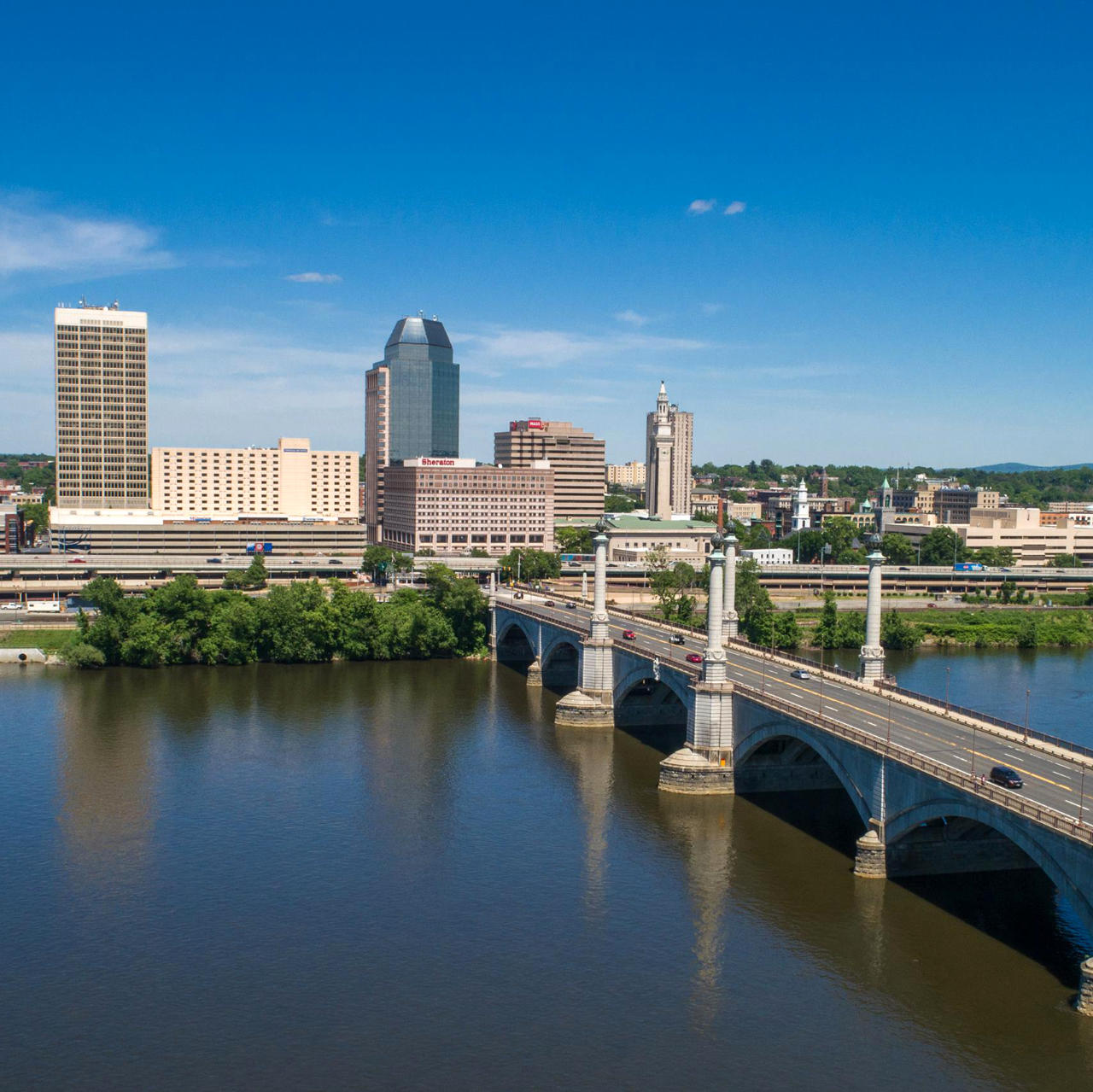
Springfield
Regulation: Restricted
6.6 -
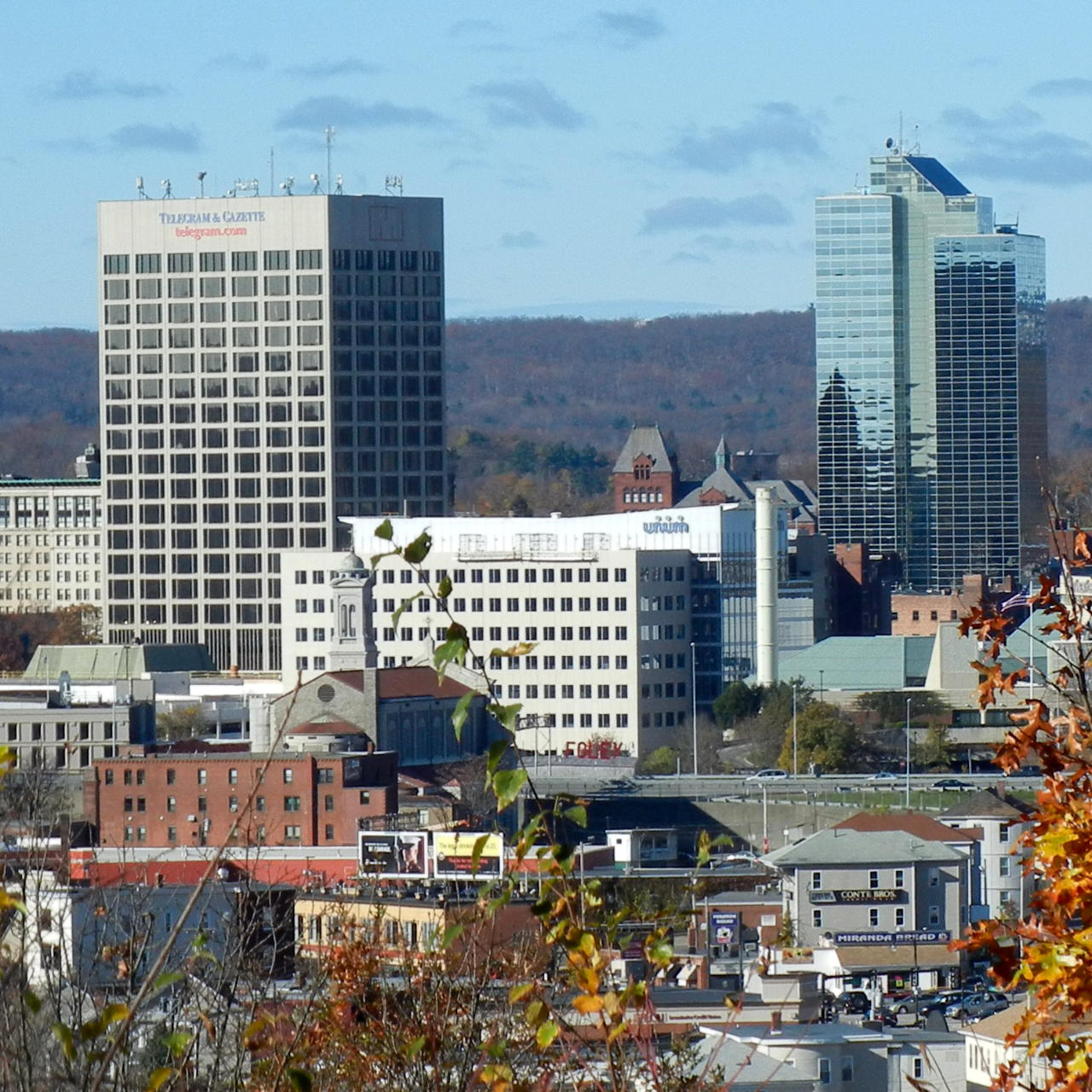
Worcester
Regulation: Not Regulated
6.5

